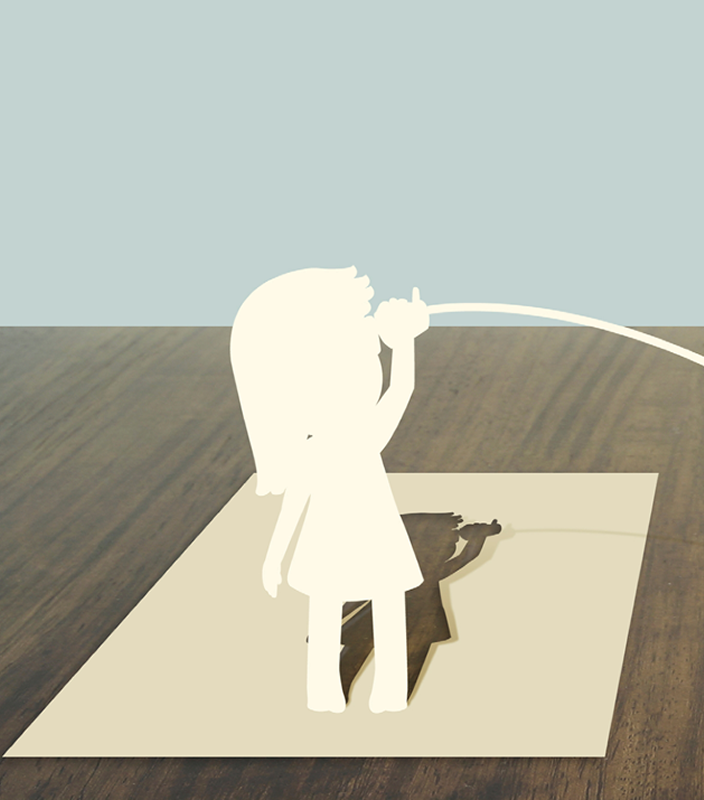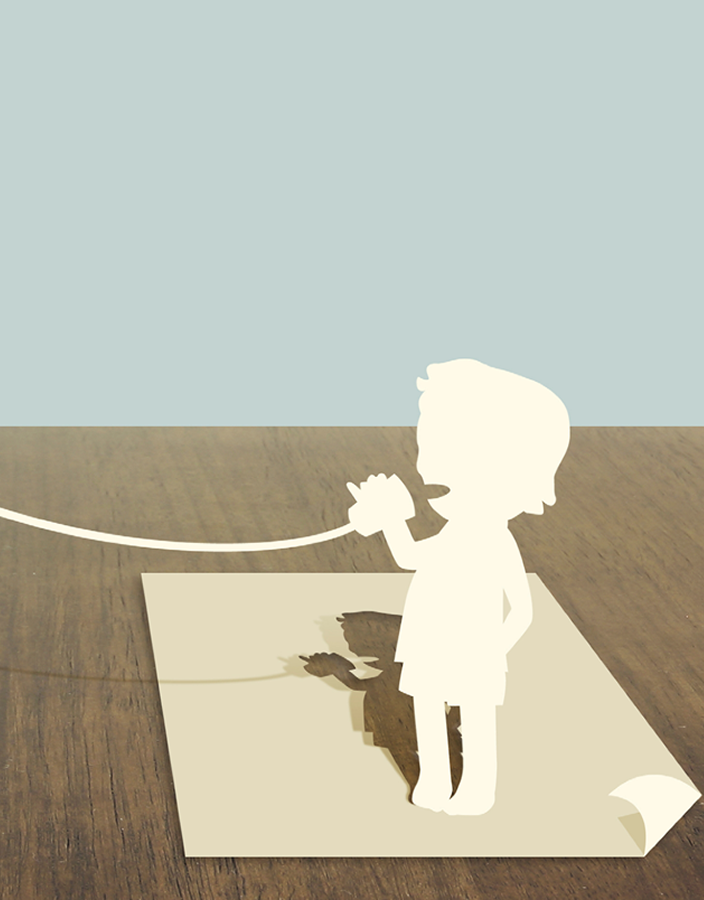
A professional development opportunity for teachers in the early years is giving children strategies to build the social skills and emotional wellbeing necessary to assist them to flourish and become more resilient. Bedrock Journalist Fiona Stutz looks at the Fun Friends program and the important role educators play in introducing resilience into a child’s life.
The Pathways to Resilience Trust is a charitable organisation in Queensland whose aim is to promote social and emotional learning and resilience in children through education and working with centres and schools to implement social and emotional learning programs. The Trust offers a suite of programs to assist in teaching cognitive, behavioural and emotional skills in a simple, structured format. Educators in early childhood settings are utilising the Fun Friends program to help four to seven year olds increase social-emotional competence and resilience while decreasing and preventing worry and emotional distress.
Training manager James Ryan works with teachers to help them better deliver resilience programs to children. James said most centres and schools approach the Trust once they realise children need to be resilient, or socially and emotionally intelligent. Once they have established what is needed in the centre or school, what has been tried, what has worked and has not worked, employees can be educated on the basics of neuroscience and emotions, then trained to run programs such as the Fun Friends program.
Early intervention
The Trust’s website claims that research shows that as many as 20% of preschool age children already exhibit moderate to clinical levels of emotional and behavioural disturbance, indicating the importance of early intervention. Fun Friends aims to prevent the onset of later life emotional and behavioural difficulties. Skills taught in Fun Friends include: building a sense of identity, how to relax and self-soothe, social skills, recognising and regulating emotions in self and others, how to be kind, empathic and make friends, how to be brave and try new things and positive coping strategies, including positive ‘green’ thinking.
The Trust works with the children and teachers to practice then runs the resilience program with the option of adding further professional development.
“The first session of Fun Friends is about understanding, looking at how we are going to attach this child to the classroom, and to the group of children within them. It is about belonging and connecting – that’s the foundation of it all. Good teaching is always rested on good attachment, trust, and building wonderful relationships,” he said.
However, the program also goes similarity into differences; the development of empathy, how we are the same, and how we are different.
“If kids don’t understand that even though our skin is a different colour, we all feel hurt, angry or sad, then we have that sense of empathy is developed, which is so important.”








































































































































